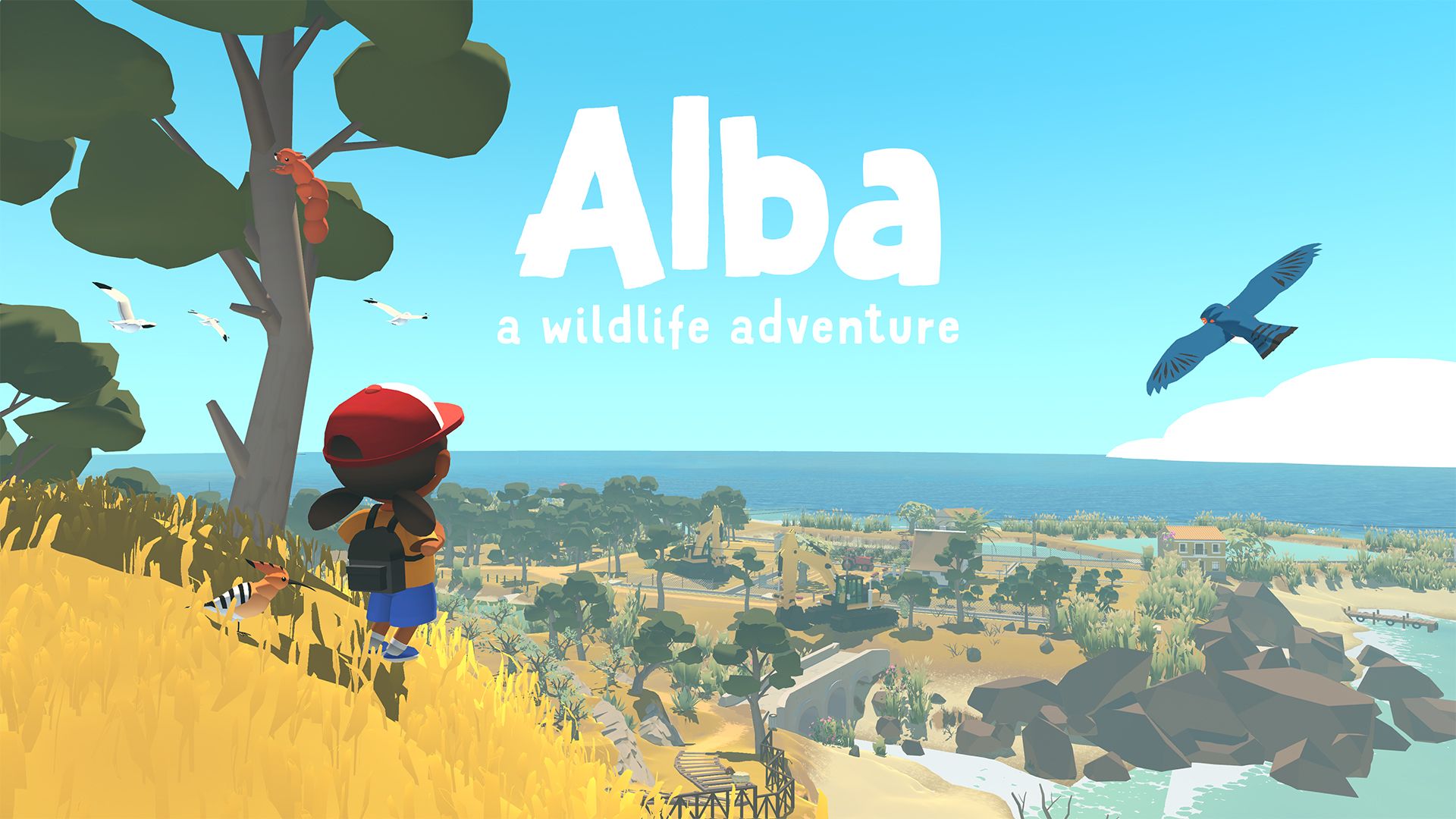🔗GTG Links 35 – DiGRA climate papers, Govt CO2 legislation updates and promising CleanTech

After the Game Awards rescinded their invitation to game writer (and friend of GTG) Meghna Jayanth (Thirsty Suitors) to present one of their awards, after she communicated that she had a speech prepared on Palestine, an open letter is circulating asking the org and the wider industry to not remain silent about the plight of the Palestinian people and war on Gaza.
Praying the current ceasefire continues, and that a peaceful political solution can be made that sees an end to the bloodshed on all sides, and an end to apartheid.
Digital distribution still controlled by platforms
Sony is facing a lawsuit over PS platform pricing – and as I've written about in DGACC this is, in short, the Achilles heel of advocacy for game distribution decarbonization. There’s just no third party competition on consoles, unlike on PC with Steam, GOG, and others. Case in point: I thought that buying the digital only PS5 would save me money, but its actually only ever cost me to buy games in the more sustainable way. Digital pricing is always more expensive than disc prices in Australia, leading to a disastrous disincentive on phasing out plastic discs. I don't know what the long-term solution is, but it's not more plastic!
/cloudfront-us-east-2.images.arcpublishing.com/reuters/7IH6KA2NKFPNRMDQ6KVXJG25SU.jpg)
Games Studies Research
DiGRA 2023 papers are out and here’s a few of the interesting ones (spotted via Google scholar alerts):
Remediation and Refunctionalization of Natural Spaces in Video Games: Perspectives, Patterns, and Impact on Society by Andrea Piano
This research project focuses on video games for mass entertainment, with two main goals. First, is to understand which values are being conveyed through gameplay, narrative, or audiovisual representation, and what collective imaginary do games contribute to construct. The second goal of this research is to reflect on the possible design choices that can convey messages of sustainability, according to the UNESCO Sustainable Development Goals (UNESCO 2015).
Two Approaches to Solving the Climate Crisis: Comparing Half- Earth Socialism and The Climate Game by Jonne Arjoranta
I study two such games, Half-Earth Socialism (Tseng & Pham, 2022) and The Climate Game (Infosys, 2022), and compare how they represent the climate crisis, what effects they present it having and what they argue are the solutions. The perspectives of the games complement each other because they are created from two opposing perspectives, with Half-Earth Socialism starting from socialist assumptions and The Climate Game being built around the economic liberalism of the publisher, the Financial Times.
Saving the Planet One Game at A Time by Homo Ludens (Group)
The idea that mainstream games designed for entertainment can be vectors of social and environmental change is appealing. However, it would be naive to believe that all games dealing with environmental topics have an equal potential to raise ecological awareness. Therefore, we need to ask ourselves what elements can make a game particularly suitable for ecocriticism and what elements can jeopardize their environmentalist message?
Human-Environment Relationships in Alba: A Typological Analysis of Player Engagement in Steam Reviews by Chien Lu, Giacomo Lauritano, Timo Nummenmaa, and Jaakko Peltonen
This paper focuses on the player experiences of the game Alba: A Wild Life Adventure. We analyze players’ reviews of the game and their profiles in an integrated way to investigate opportunities of using digital games to engage players in the issue of human-environment relationship. The analytical results indicate the players reflect on environmental issues in their reviews. Our findings yield implications on several issues including 1) the importance of immersive design and narrative in terms of engaging players; 2) instead of classifying a game as “serious” or “entertainment” based on the intentions behind the game development, more emphasis should be puton the player’s experiences; and 3) the role of video games in parenting.
Building and rebuilding the Anthropocene in Cities: Skylines by Lawrence May
I examine the city-building game Cities: Skylines (Colossal Order 2015) as part of an ongoing ecocritical project, arguing that the city-building genre is uniquely positioned to demonstrate the forms of power working to create perilous futures through our present climate crisis. …underlying Cities: Skylines’ fantasy of superhuman city-building agency is a deep current of ecological power, which reveals the destabilising effects of the intertwined human logics of growth and capitalism upon environments and ecosystems.
Sinking Strangers No More: Playing “Climate Refugees” in Video Games by Carolin Becklas
Current research highlights how the media representations of so-called “climate refugees” often rely on simplified, apolitical, and overly emotional narratives about why people leave the area they were born and the possible solutions to the “climate refugee crisis” (Bettini 2013; Hartmann 2010). …The underlying hypothesis of this study is that video games, through their multimodal design, can challenge the uncontextualized narratives that dominate in other media and contribute to alternative climate imaginaries.
Activate consulting research report
I linked this in my post earlier in the week but it's worth bringing up again, it's got a ton of interesting details on consumer and gamer behaviour.
A thread on flying for academic conferences
And interesting for individual carbon footprints in general - some interesting lessons for academics in particular though. I've been lucky to get to present a lot of my work remotely this year, which I'm always happy to get to do to minimise CO2 from looooong Australian flights.
This week I gave a presentation about flying and offsetting in academia for the Climate Action Research Institute @SwanseaUni. Here's a short 🧵 of the main points... pic.twitter.com/Z5Y4E7h1Q5
— Anna Pigott (@AnnaPigott) November 17, 2023
Steam Deck OLED screens can’t be retrofitted into OGs
Bummer. Upgrade is better than replacement!

Govt and Regulatory Corner
France to block ESG funds from the national standard ONLY if they blacklist fossil fuel businesses expanding production – NICE!!




